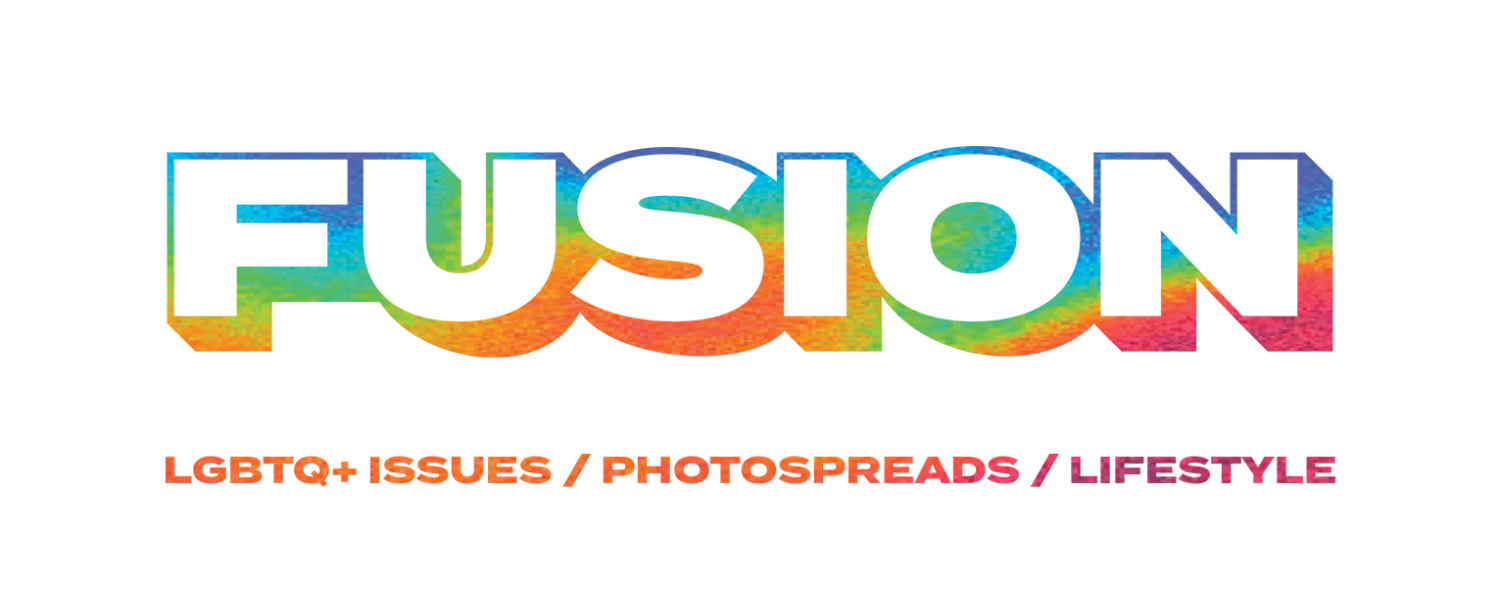Ever since he gave his acceptance speech at last year’s Academy Awards,Dustin Lance Black, the man who wrote the screenplay for “Milk,” has been the desktop picture on both my home and work computers. Not only is he beautiful, but I have so much respect for this man who stood before millions of viewers and told gays and lesbians we are “beautiful, wonderful creatures of value” and promised us we “will have equal rights, federally, across this great nation of ours” soon. The screenplay Black won his Oscar for does very much the same thing. His retelling of the final years of Harvey Milk’s life is a modern American classic. Black, director Gus Van Sant and actor Sean Penn set out to tell the story of the first openly gay man to be elected to public office — a man whose legacy this generation is carrying out today. We knew we wanted to do something about “Milk” in this issue, and because the movie is now available on DVD, we prepared a guide to the film so all audiences — straight, gay and otherwise — could better appreciate the subtle details in this film about one of our first true gay rights pioneers. — Adam Griffiths
5:38 “After our kiss, Sean (Penn) texted Madonna and said, ‘I just broke my cherry kissing a guy.’” — James Franco, OUT magazine, November 2008
8:37 “When I came to San Francisco in 1974 and landed on Castro Street, I barely had my toe in the waters of being out. Goofy and wet behind the ears would be an understatement. It helped that a stroll down Castro Street to buy a loaf of bread was a kissing and hugging fest — there was little room for uncertainty. Ebullience was in the air, and my last traces of self-doubt were replaced by more glittery ways thanks to the environment we were co-creating, and I documented my wonderment the whole time.” — Dan Nicoletta, East Village Boys, Jan. 21, 2009
15:12 While Coors did adopt language against discrimination in employment on the basis of sexual orientation in 1978, the beer manufacturer continues supporting ultra-right, anti-gay groups and politicans today. In 1995, however, Coors was one of the first major corporations to adopt same-sex domestic partnership benefits.
22:10 In 1974, Dianne Feinstein was the gay-friendly candidate to be reappointed to the Board of Supervisors in San Francisco. Feinstein, who we see in archive footage at the beginning of the film explaining to the press that Mayor George Moscone and Milk have been shot and killed, became mayor of San Francisco following the tragedy. Feinstein was elected to the Senate in 1992, and, this year, she oversaw the official swearing-in ceremony for President Barack Obama.
34:54 Anita Bryant was known in the ’70s, in addition to her vehement anti-gay rhetoric, for her work in ad campaigns for Florida orange juice, Coca-Cola, Holiday Inn and Tupperware. She also sang the “Battle Hymn of the Republic” at President Lyndon Johnson’s funeral. Her first husband divorced her in 1980. She remarried in 1990 and published a book on her life in 1992. She and her second husband filed for Chapter 11 bankruptcy in both 1997 and and 2001.
42:46 “My name is Harvey Milk, and I am here to recruit you.”
44:20 “We thought about whether to release the film before the election, especially if it could affect Prop 8. The end decision was not to have the film speaking directly to the election, because if it was seen to be just about the election, that might take away its chance of having a life after the election. We decided to straddle the election, to have the opening affect the election and the release be after the election.” — Gus Van Sant, Filmmaker magazine, Jan. 19, 2009
45:40 “Harvey was incredibly ambitious and sometimes had these schemes, and Scott was always there to be the emotional support.” — James Franco, OUT magazine, November 2008
1:10:05 “If we’re going to convince the 90 percent to give a shit about us 10 percent, we have to let them know who we are.”
1:16:10 Yes. That is porn star Brent Corrigan in the orange tank as part of the phone tree to rally after anti-gay legislation is passed in Witchita, Kan.
1:17:25 On April 4, 1938, the Gestapo issued a directive indicating that men convicted of homosexuality could be incarcerated in concentration camps. Between 1933 and 1945, the police arrested an estimated 100,000 men as homosexuals. Most of the 50,000 men sentenced by the courts spent time in regular prisons, and between 5,000 and 15,000 were interned in concentration camps. — from the United States Holocaust Museum
1:40:05 “This is not just jobs or issues; this is our lives we’re fighting for.”
1:44:44 For those who lived in California in 1978, last year’s campaign against Prop. 8 probably struck somber nostalgia of the campagin against Proposition 6. The initiative, suggested by Sen. John Briggs, sought to bring charges against any public education employees who were or were perceived to be homosexuals. While polls leading up to the election showed popular support for Prop. 6, both Gov. Ronald Reagan and President Jimmy Carter both urged voters to reconsider their positions. A piece of legislation in the vein of Joe McCarthy, 58 percent of Californians voted against the initative.
“It was a great experience to go back and relive that part of my life. They totally recreated the camera shop, down to the stupid cinder block walls and the notes posted on the cork board. The first time I walked in I started to cry — with happiness.” — Anne Kronenberg, Queerty, Jan. 22, 2009
Harvey Milk (1930-1978)
“… he remains frozen in time, a symbol of what gays can accomplish and the dangers they face in doing so.” — from Time 100: People of the Century, June 14, 1999
